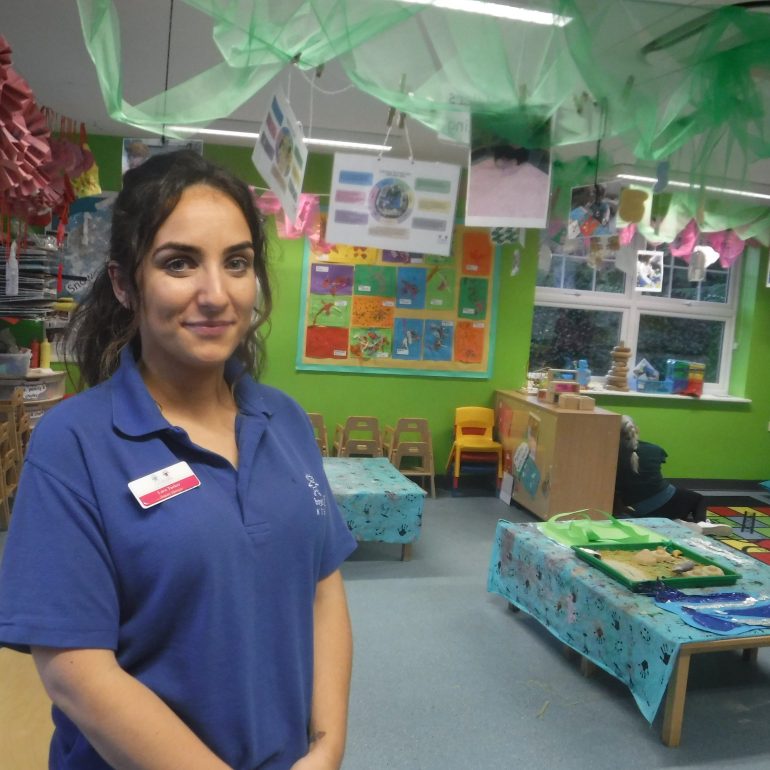We are recruiting for Level 3 qualified Early Years Educators! Find out more here
The role of a Special Educational Needs Coordinator (SENCo)

Share article:
Lara, our SENCo at Rickmansworth, has written a great article highlighting the importance of a Special Educational Needs Co-Ordinator:
The Special Educational Needs Coordinator (SENCo) is a vital role in every child care setting, from preschools and day nurseries, primary and secondary schools through to higher education colleges. The SENCo is the person who oversees the provision for children who have a special educational or developmental need within a setting and coordinates information between home, the setting and outside professionals to ensure each child is cared and provided for in a way that is right for them.
A SENCo will have knowledge of processes, procedures and paper work, who to contact with queries and referrals, and access to different resources and tools to help measure a child’s progress and to help in their continued development.
A good SENCo is always sensitive to individual cases, maintaining the highest level of confidentiality. They will support both parents/carers and staff in how best to provide for each child under their care. They should be approachable and a good listener and should be confident in speaking up for children in their care as an advocate to professionals, funding boards etc.
It is the responsibility of the SENCo within the setting to work alongside staff in identifying children who may have Special Educational Needs and Disabilities (SEND), especially the child’s key person who will have the closest relationship between the family and the setting, and who will know the child best. The SENCo will provide advice and guidance to the key person in how to approach a parent about concerns the setting may have with the child, and will be a part of meetings between the parent and setting when discussing SEND related issues.
The SENCo can advise and assist staff on the best ways to monitor a child’s development and help to facilitate their education and provision. However, the responsibility does not lie solely with the SENCo once a child has been identified with SEND, but remains with all staff to continue providing support, as with all other children in their care.

